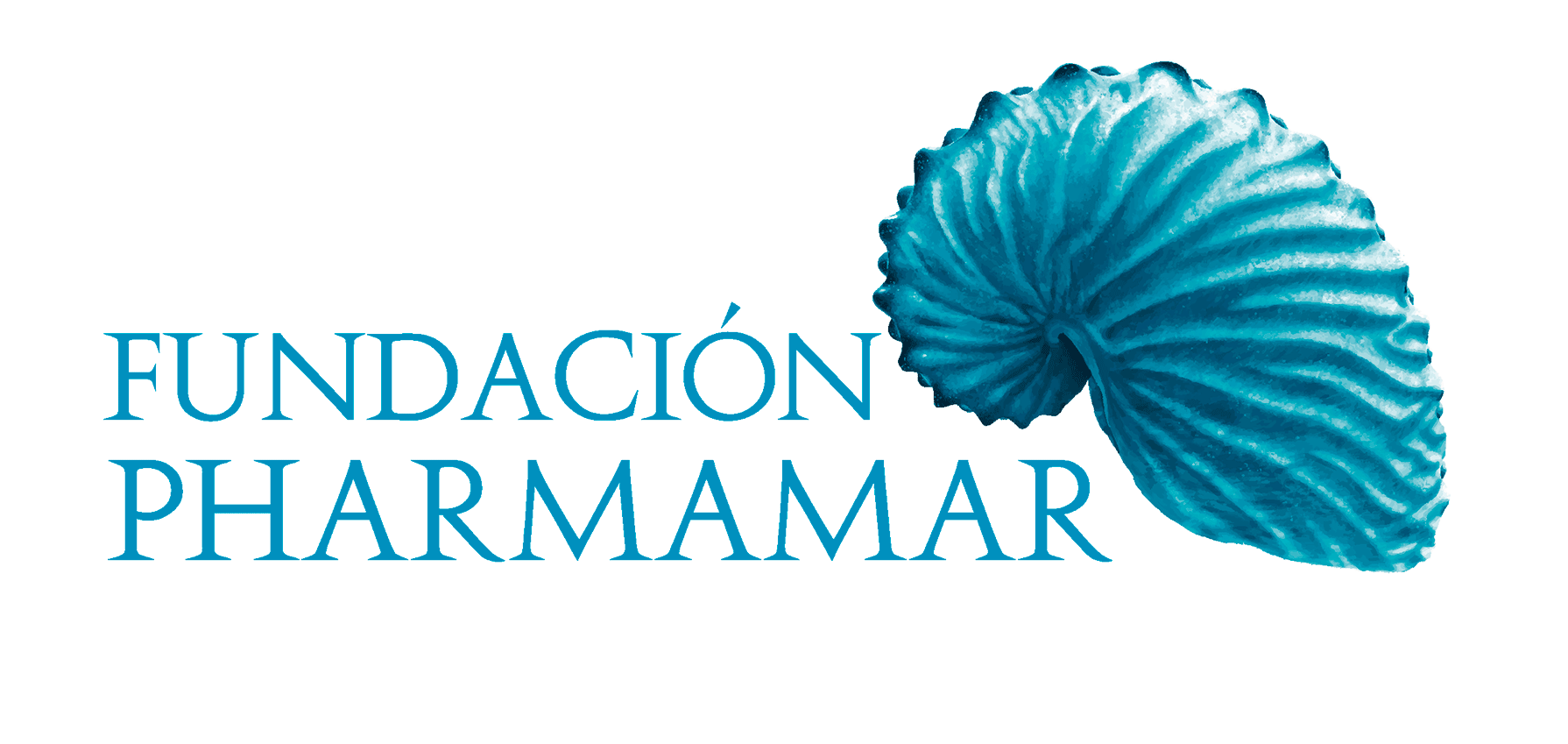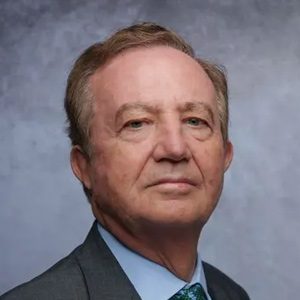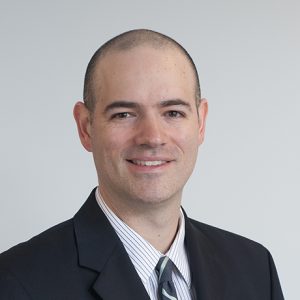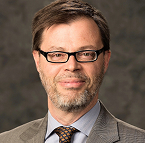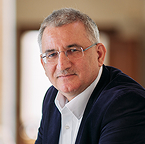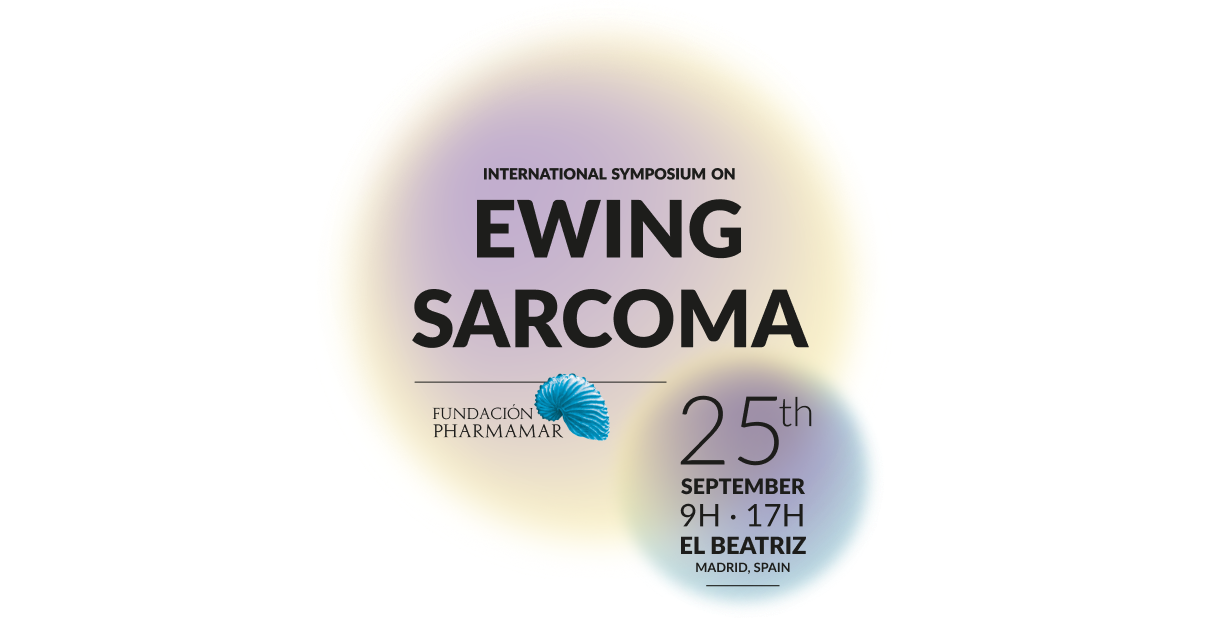
The live stream and its contents are intended solely for registered participants of the International Symposium on Ewing Sarcoma. Recording, copying, downloading, photographing, distributing, broadcasting, or using the stream — in whole or in part — by any means (including audio, video, screenshots, or screen-sharing) is strictly prohibited.
Do you have a question for our speakers?
Share it here during the event and it will be addressed in the Q&A session at the end of each lecture.
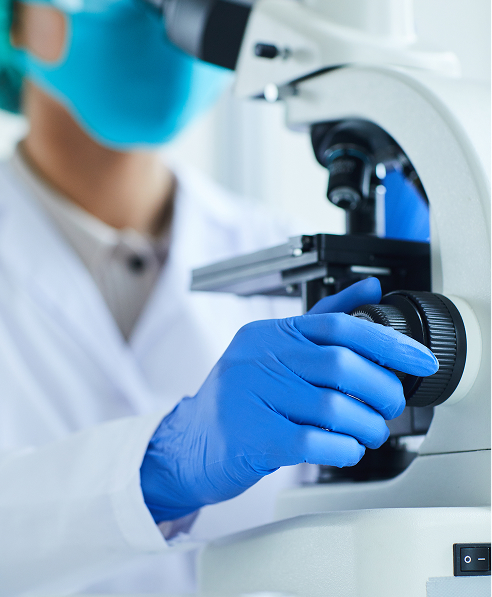
International Symposium on Ewing Sarcoma
Recognizing that Ewing sarcoma is a rare and aggressive cancer predominantly affecting adolescents and young adults, the PharmaMar Foundation has established the Ewing Sarcoma Symposium 2025 as a dedicated forum to accelerate progress in this field.
The symposium will focus particularly on the molecular mechanisms driving Ewing sarcoma, highlighting recent advances in chromatin regulation, genomic instability, and potential therapeutic targets. The primary objective is to share cutting-edge research and foster collaboration among global experts working to uncover the underlying molecular processes of this disease.
Join Us: In Person or Online
The meeting will take place in Madrid, Spain, in an in-person format, free of charge. For those unable to attend in person or based in other countries, the symposium will also be accessible via live streaming.
By promoting multidisciplinary collaboration and knowledge exchange, this formal scientific meeting aims to identify new research directions and ultimately improve survival and quality of life for patients with Ewing sarcoma.
About the PharmaMar Foundation
The PharmaMar Foundation’s mission is to promote the development of science, scientific research and medicine, and to contribute to the knowledge and defense of marine biodiversity.
In the area of education, we consider it especially important for society to be aware of the main advances in the field of research and health.
To this end, the PharmaMar Foundation has several initiatives, such as our series of scientific conferences, and we collaborate with various institutions and organizations to disseminate information and specialized knowledge in the field of health and science.
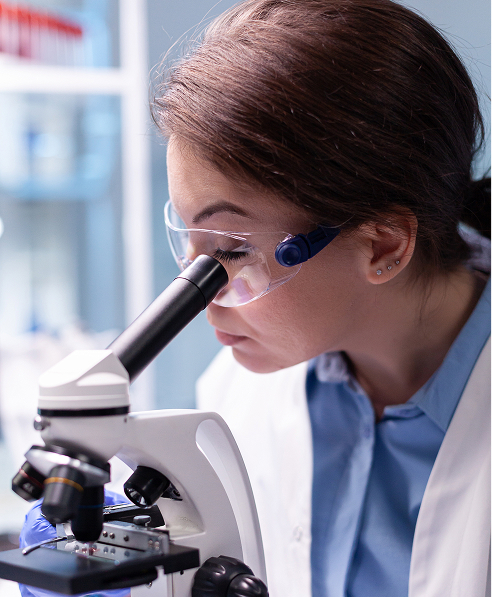

Who Should Attend
- Medical oncologists and pediatric oncologists involved in the diagnosis and treatment of sarcomas
- Basic and translational researchers focused on Ewing sarcoma or related tumor biology
- Clinical investigators and professionals engaged in sarcoma trials and therapeutic development
- Representatives from foundations, advocacy groups, and patient organizations related to Ewing sarcoma or rare cancers
- Healthcare professionals and stakeholders with an interest in sarcoma care and research
International Symposium on Ewing Sarcoma
Preliminary Program
___
9:00 / 9:20
Registration Open & Badge pick-up
9:20/ 9:30
Dr. Jose María Fernández Sousa-Faro
PharmaMar Foundation President
Welcome Remarks
9:30/10:05
Dr. Miguel Rivera
Massachusetts General Hospital / Harvard Medical School, USA
Chromatin regulation by EWS-FLI1. The role of the EWS disordered domain and condensates.
10:05/10:40
Dr. Didier Surdez
University Hospital Zurich, Switzerland
The hegemonic EWSR1::ETS oncogene overrules core regulatory circuitry principles in Ewing sarcoma
Ewing sarcoma is an aggressive bone tumor of adolescence characterized by the hallmark EWSR1::ETS fusion oncogene. This chimeric protein drives tumorigenesis by reshaping the transcriptional and epigenetic landscapes.
However, how it is transcriptionally regulated and whether additional master transcription factors (MTFs) form a core regulatory circuit (CRC) in Ewing sarcoma remain unclear.
While other childhood cancers often rely on networks of MTFs forming CRCs, Ewing sarcoma appears to differ from this pattern. Instead, EWSR1::FLI1 appears to act as the predominant driver, controlling MTFs in a largely unidirectional manner and remains the key vulnerability in this disease.
10:40/11:15
Dr. Alexander Bishop
Center for Childhood Cancer Research at Nationwide Children’s Hospital, USA
Identifying functional consequences of EWS::FLI1 that reveal therapeutic opportunities for targeting Ewing sarcoma
11:15/11:45
COFFEE BREAK
11:45/12:20
Dr. Jacob C. Schwartz
University of Arizona College of Medicine & Cancer Center, USA
A tangled relationship: R-loops and G-quadruplexes in Ewing sarcoma.
12:20/12:55
Dr. Javier Martin Broto
Fundación Jiménez Díaz Health Research Institute, Spain
Are biocondensates vulnerable to drug attack in Ewing Sarcoma?
Biocondensates are relevant for transcription regulation. FET proteins [FUS, EWSR1 and TATA-box binding protein associated factor 15 (TAF15)] are N terminus partners of several translocation related sarcomas which are the essential drivers of sarcomas as Ewing S. These FET three family members are involved in several functions/organizations as mediators of subnuclear liquid-liquid phase separation (a topical and burgeoning area of research) by interactions of arginine and tyrosine residues. There is evidence that these transcription factors activate genes through phase separation. In this sense, aberrant formation of this liquid-liquid phase is associated with cancer. Additionally, FET can interact with SWI/SNF (Switch/Sucrose non-fermenting) chromatin remodeling complexes. Targeting biocondensates could be an advantageous epigenomic target in Ewing Sarcoma.
13:00 / 14:30
LUNCH BREAK
14:30/15:05
Dr. Bass Hassan
Sir William Dunn School of Pathology Oxford University (UK)
Revisiting selective vulnerabilities in Ewing sarcoma reveals new insights.
Ewing sarcoma (EWS) involves cell type specific activity of a gain of function chimeric transcriptional regulator has proven challenging to specifically target.
We have exclusively focused on two fundamental approaches with the ultimate aim to deliver effective therapeutics for both primary and relapsed/refractory EWS cells.
The first is selective EWS induced cell death that is independent of effects on other cell types. The second approach EWS neoantigen based immunological rejection of EWS cells. To date, rare responders to signalling pathway EWS co-dependencies (e.g. IGF pathway) have resulted in rare complete regression and durable clinical responses, yet the biomarkers and range of mechanisms that might account for this unique EWS dependency have not been fully evaluated.
We have analysed material from a rare ES responder to linsitinib (dual IR/IGF1Ri) in a clinical trial and will report dependency on a neuronal transcription repressor gene siganture.
To evaluate whether fusion breakpoints generate EWS specific neoantigens, that can also be presented by MHC Class I and II, we have completed in silico prediction of breakpoint peptide high affinity MHC binding followed by TCR selection using naive donor invitro culture and peptide stimulation.
We will report functional activity of resulting breakpoint neoantigen specific TCRs. Revisiting questions in EWS with new approaches can reveal new mechanistic insights.
15:05/15:40
Dr. Enrique de Álava
Hospital Universitario Virgen del Rocío Universidad de Sevilla, Spain
Untangling the Knots of Ewing Sarcoma: From Genome Instability to Therapeutic Breakthroughs.
Ewing Sarcoma (EwS) is a malignancy of young people driven by EWS::FLI1 fusion proteins that induce replication stress and genomic instability. Current treatments often fail, especially in metastatic cases.
We identify EXO1 as a critical player in repairing EWS::FLI1-induced DNA damage; its inhibition leads to mitotic instability and impaired tumor growth. High EXO1 expression correlates with poor prognosis. Additionally, EWS:FLI1-driven DHX9 sequestration sensitizes EwS cells to topoisomerase I poisons, offering a rationale for combining these agents with ATR inhibitors.
Our findings highlight the therapeutic potential of targeting DNA damage response pathways in EwS to overcome resistance and improve patient outcomes.
15:40/16:15
Dr. Patrick Grohar
Rogel Cancer Center / University of Michigan, USA
Therapeutic targeting of the EWS-FLI1 transcription factor for Ewing sarcoma:
A bench to bedside approach.
Speakers
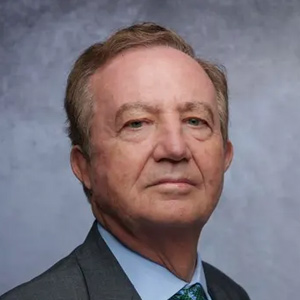
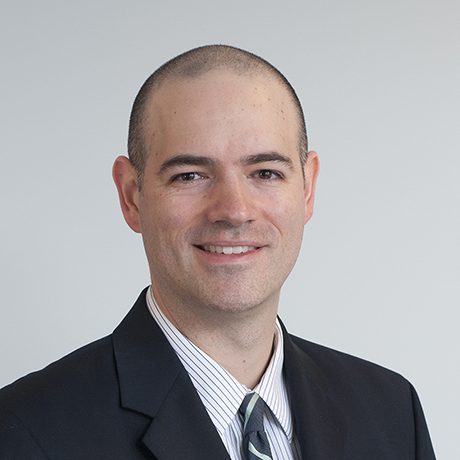
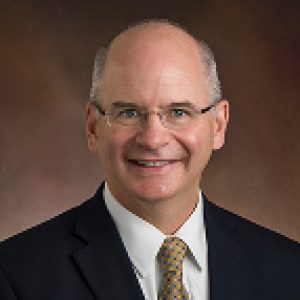
Dr. Patrick Grohar
Therapeutic targeting of the EWS-FLI1 transcription factor for Ewing sarcoma: A bench to bedside approach.
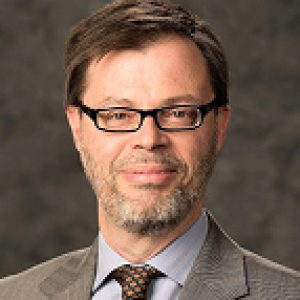
Dr. Enrique de Álava
Untangling the Knots of Ewing Sarcoma:
From Genome Instability to Therapeutic Breakthroughs.
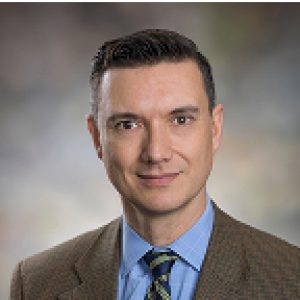
Dr. Alexander Bishop
Identifying functional consequences of EWS:FLI1 that reveal therapeutic opportunities for targeting Ewing sarcoma.
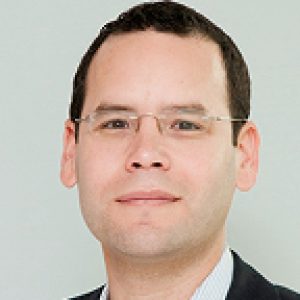
Dr. Miguel Rivera
Chromatin regulation by EWS-FLI1. The role of the EWS disordered domain and condensates.
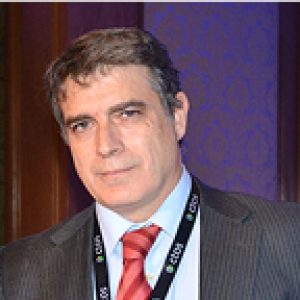
Dr. Javier Martín Broto
Are biocondensates vulnerable to drug attack in Ewing Sarcoma?
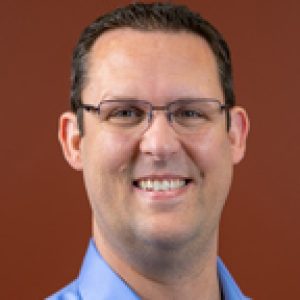
Dr. Jacob C. Schwartz
A tangled relationship: R-loops and G-quadruplexes in Ewing sarcoma.
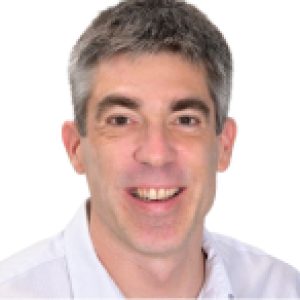
Dr. Didier Surdez (Balgrist)
The hegemonic EWSR1::ETS oncogene overrules core regulatory circuitry principles in Ewing sarcom
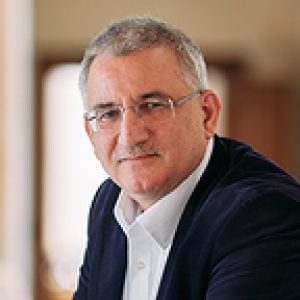
Dr. Bass Hassan
Revisiting selective vulnerabilities in Ewing sarcoma reveals new insights.
Register Here to Attend
Are you interested in attending the International Congress on Ewing Sarcoma?
Fill out the form below to secure your place and be part of this high-level scientific meeting, where we will share knowledge, innovation and opportunities for collaboration in the fight against Ewing sarcoma.
Registration Notice
Participation in the symposium is free of charge. However, registration is limited to professionals and organizations directly involved in Ewing sarcoma or sarcoma research and care, as outlined in the “Who Should Attend” section. All registration requests will be individually reviewed and validated by the organizing committee.
Where
El Beatriz Auditorium, José Ortega y Gasset, 29
Madrid, Spain.
When
September 25th 2025
Contact
Fundación PharmaMar
Supporters
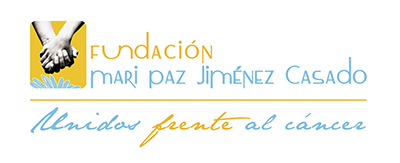
Where
El Beatriz Auditorium,
José Ortega y Gasset, 29
Madrid, Spain
When
September 25th
2025
Contact
Fundación PharMamar
Tel: +34 91 846 62 40
info@fundacionpharmamar.com
